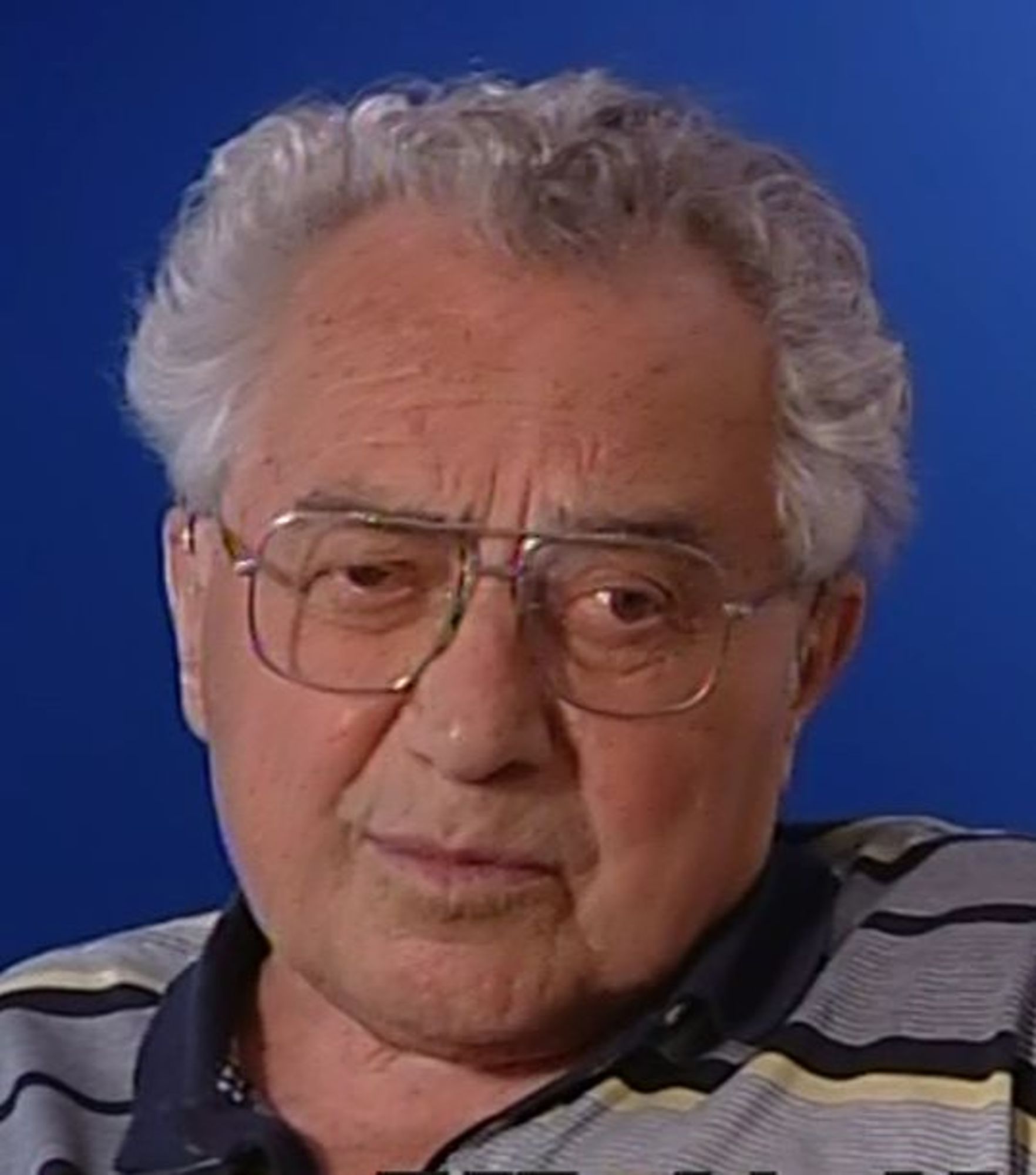...though the officers of the VI labour battalion lived in fear, the battalion was lifesaving for not only myself, but also for thousands of young people

Stáhnout obrázek
Alexander Gordon was born in 1915 in Spišské Podhradie. His father belonged amongst important wood sellers and together with his family he handled a huge homestead. In the town of Spišské Podhradie Jews and non-Jews used to have a good relationship and lived like a big family. But the situation changed soon. After passing the school leaving examination at grammar school Alexander started to study medicine at Charles University in Prague. However, he couldn‘t have finished the university education. He was dismissed from school because of his religion and was neither admitted to study at the Slovak university. His father lost his business in the process of Aryanization and both parents were forced to move out, escape and hide. Despite of all their efforts, German soldiers found them and they were transported to the concentration camp. At that time Alexander began the compulsory military service at the VI. labour battalion as a medical officer. Even though they lived in constant fear, it saved them from being deported and sent to death. After finishing the military service, he became involved in the Slovak National Uprising.

